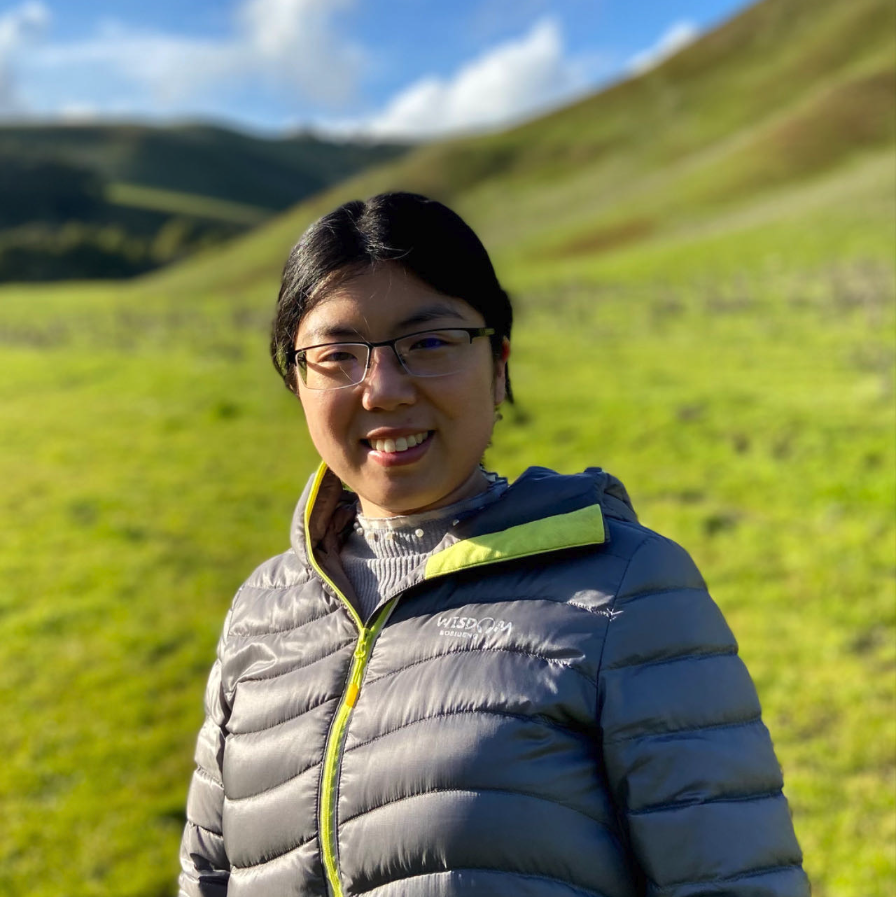Soil incubation methods lead to large differences in inferred methane production temperature sensitivity
Date:
Quantifying the temperature sensitivity of methane (CH4) production is crucial for predicting how wetland ecosystems will respond to climate warming. Typically, the temperature sensitivity (often quantified as a Q10 value) is derived from laboratory incubation studies and then used in biogeochemical models. However, studies report wide variation in incubation-inferred Q10 values, with a large portion of this variation remaining unexplained. Here we applied observations in a thawing permafrost peatland (Stordalen Mire) and a well-tested process-rich model (ecosys) to interpret incubation observations and investigate controls on inferred CH4 production temperature sensitivity. We developed a Field-Storage-Incubation (FSI) modeling approach to mimic the full incubation sequence, including field sampling at a particular time in the growing season, refrigerated storage, and laboratory incubation, followed by model evaluation. We found that CH4 production rates during incubation are regulated by substrate availability and active microbial biomass of key microbial functional groups, which are affected by soil storage duration and temperature. Seasonal variation in substrate availability and active microbial biomass of key microbial functional groups led to strong time-of-sampling impacts on CH4 production. CH4 production is higher with less perturbation post-sampling, i.e. shorter storage duration and lower storage temperature. We found a wide range of inferred Q10 values (1.2 to 3.5), which we attribute to incubation temperatures, incubation duration, storage duration, and sampling time. We also show that Q10 values of CH4 production are controlled by interacting biological, biochemical, and physical processes, which cause the inferred Q10 values to differ from those of the component processes. Terrestrial ecosystem models that use a constant Q10 value to represent temperature responses may therefore predict biased soil carbon cycling under future climate scenarios.
https://agu.confex.com/agu/fm22/meetingapp.cgi/Paper/1081941
